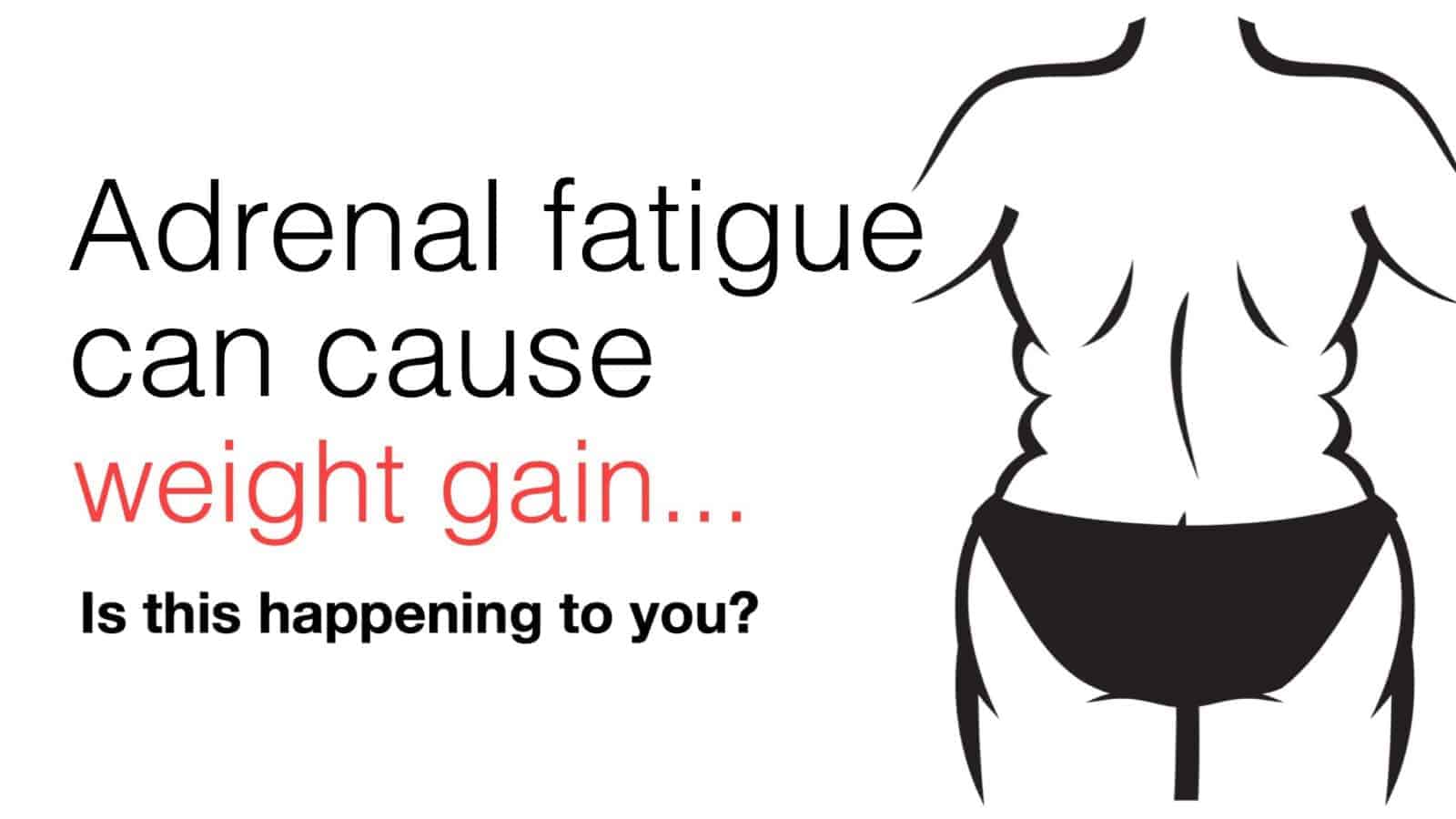Most of us are aware of the mind-body connection, or how the inner workings of our psyche can manifest into physical sensations and experiences. Weight gain related to the fight-or-flight response is just another example of this phenomenon. You might also hear others call this adrenal fatigue.
WebMD refers to the fight-or-flight response as a “survival mode” because, way back in the day, lives depended on it. If your FoF wasn’t finely tuned, you could get mauled by something much faster and stronger lurking in the bushes.
Today, while most of us are relatively safe from dangerous wildlife, we still, of course, have an FoF response hardwired into our brains. Instead of facing threats from wildlife or the possibility of starvation, we are facing bad drivers, overwork, long hours, and a 24/7 “always-on” society. Indeed, while the FoF response is activated differently, much of the effects on our body remain the same.
Here, we discuss the connection between FoF and weight gain; more specifically, five signs that this brain mechanism may be the culprit of some extra pounds. Finally, we’ll wrap up by providing some recommendations on what we can do to deal with it.
“Most of us become overeaters when we’re feeling a lot of pressure. This happens thanks to your fight-or-flight response, a.k.a. survival mode – once your body reaches a certain stress level, it does what it feels it needs to do. In most cases, that means overeat.” – WebMD
Adrenal Fatigue and weight gain
When our brain is in FoF mode, our body immediately goes on the defensive – and this action requires a lot of energy. As such, the body “thinks” it needs calories to compensate for this energy expenditure when it, in fact, doesn’t. Subsequently, we believe we need more calories when we really don’t.
In FoF mode, the “stress hormone” cortisol is released, this triggers higher insulin levels as our blood sugar plummets. What is the quickest way to compensate for this? You guessed it: fatty, sugar-laden foods. Instead of a healthy option, like an apple or banana, we’ll often opt for a cookie or some ice cream.
Fatty and sugary foods instigate a chemical reaction that suppresses the FoF response and helps to calm us down. They’re also quite tasty, which explains how stressed folks get hooked on certain comfort foods.
The reaction looks something like this: “More stress = more cortisol = higher appetite for junk food = more belly fat.”
5 Signs Adrenal Fatigue Is Making You Gain Weight
Throwing a wrench into this well-oiled (no pun intended) biological machine requires conscious awareness on our part. Here are five signs that our “FoF autopilot” is leading to weight gain:
1. We put on pounds quick
Nothing packs on the pounds faster than the combination of stress and comfort foods. As mentioned, our body’s response to stress is cyclical and mechanized unless we intervene. So, if you jumped on the scale only to immediately jump back off in horror, your stress may be to blame.
2. Check your cupboards
What do you see? A well-balanced and healthy mix of foods, or something that resembles the grocery list of Willy Wonka? If your kitchen cabinets resemble more of the latter, don’t fret; just recognize your mistake and make the conscious choice to purchase more natural, healthy foods.
3. Your job can cause you to gain weight
The simple fact is that around 70 percent of Americans more or less hate their job. Another simple fact is that around 70 percent of Americans are considered overweight or obese. Correlation doesn’t imply causation, but these statistics are eye-opening – and, on an individual level, should make us take a step back and assess our work environment.
4. You lack interest in once-enjoyable activities
While this may sound like a depression-related symptom, stress can also cause us to lose interest in activities. This is a double-edged sword. First, we’re more likely to eat when idle. Second, we have less motivation to engage in activity that moves the body, which helps to keep stress (and weight) at healthy levels.
5. People express their concern
Sometimes, we’re not able to see some things about ourselves that others do. Individuals who love and care for you may express concerns about your health (e.g. weight), or about your appearance (e.g. “looking stressed” or “looking anxious.”) Listening and not dismissing other people’s observations may help get us out of the rut we find ourselves.
Recommendations:
- WebMD provides some excellent tips to ward of the FoF and stress response.
- Light exercise – a brisk walk or slow jog, for example.
- Meditation or mindful breathing. Also, exercises like tai chi and yoga may thwart some of the hunger impulses due to stress.
- Find some support. If you’re overwhelmed, it’s important that you have someone who will listen. Look to a family member or close friend.
- Sleep well. 7 to 9 hours is recommended for healthy adults.
- Relax and get back into your routine.












 Community
Community

